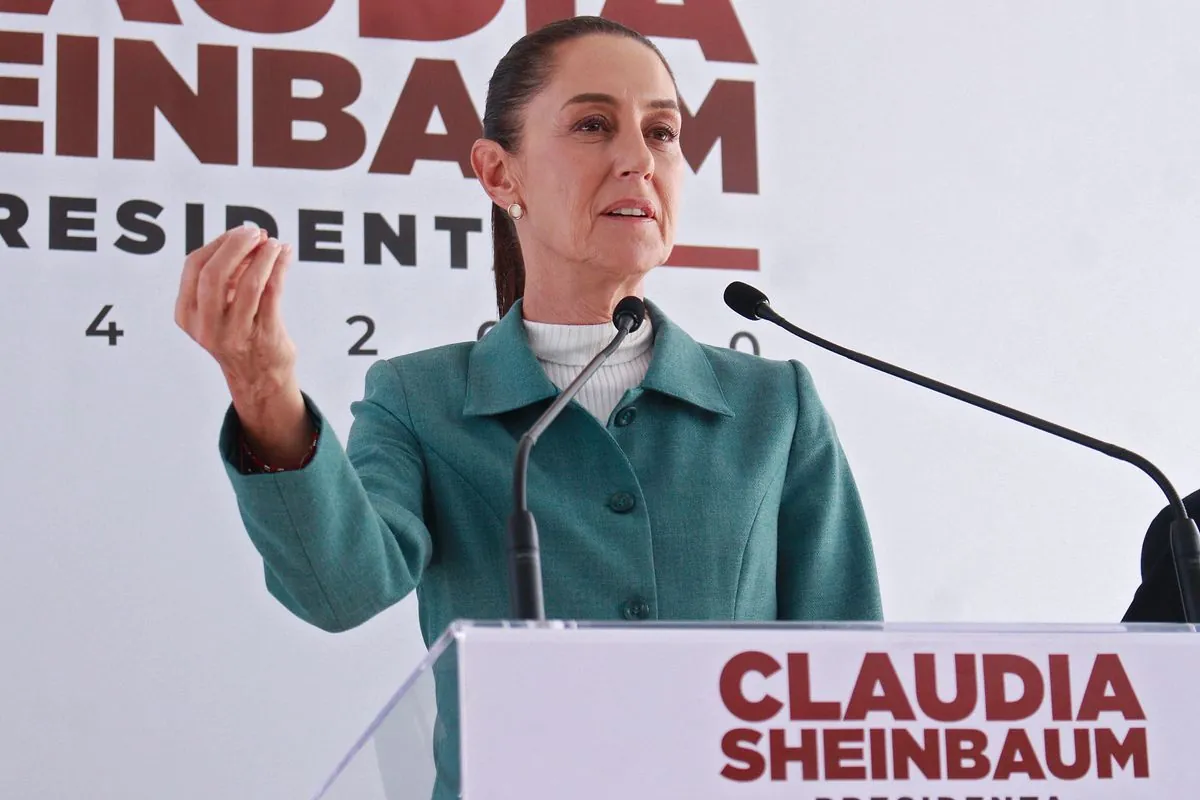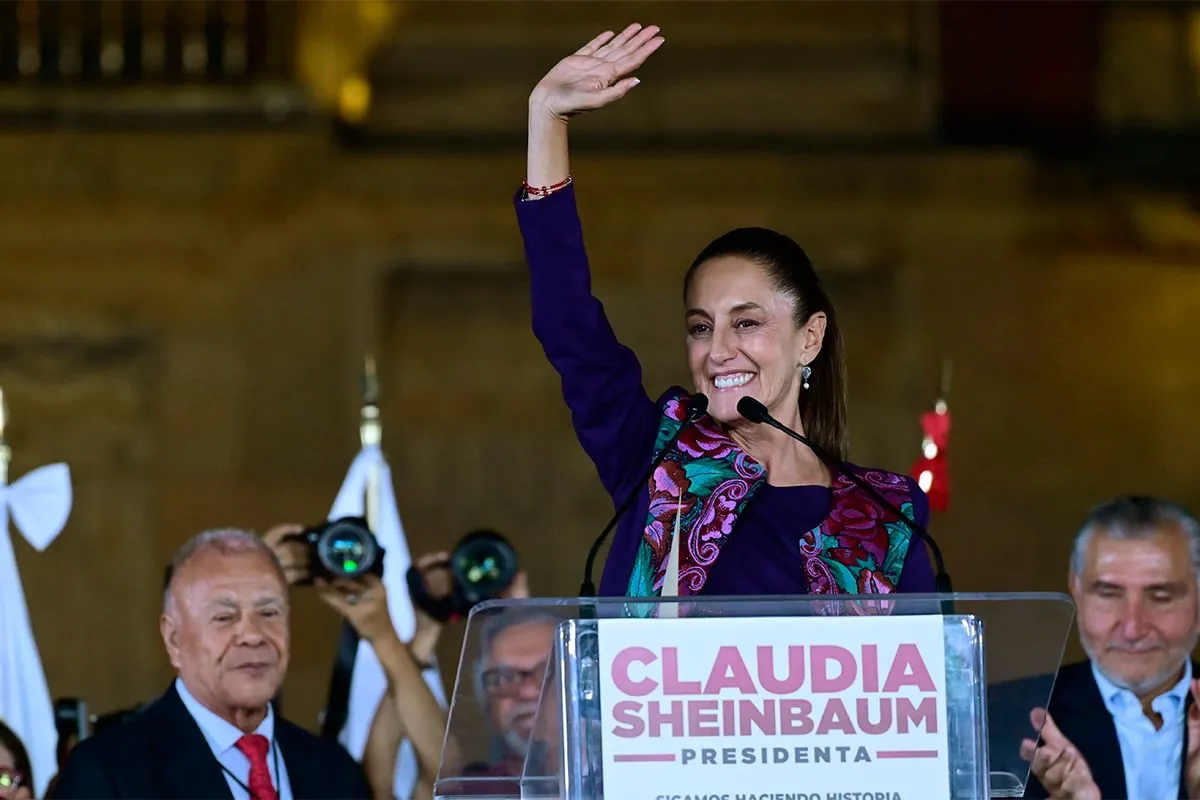Sheinbaum's Challenge: Reinventing Mexico's Presidential Press Conference
Claudia Sheinbaum, Mexico's new president, faces the task of adapting her predecessor's popular daily press conferences. She aims to maintain their effectiveness while making them distinctly her own.

As Claudia Sheinbaum prepares to assume the presidency of Mexico on October 1, 2024, she faces a unique challenge: reimagining the daily presidential press conference known as the "mañanera." This institution, established by her predecessor Andres Manuel Lopez Obrador, has become a cornerstone of Mexican political communication over the past six years.
The mañanera, derived from the Spanish word for morning, has served as a powerful tool for setting the day's news agenda, addressing crises, and engaging with political opponents. Lopez Obrador's approach, characterized by lengthy sessions often exceeding three hours, has contributed to his consistently high approval ratings, which have surpassed 60%.
Sheinbaum, Mexico's first elected female president, must now navigate the delicate balance of maintaining this popular tradition while adapting it to her own leadership style. Her team has already announced plans to shorten the conferences to approximately one hour, recognizing the need for a more concise format.

The incoming president's background as a climate scientist and her more measured communication style present both challenges and opportunities. While she may not replicate Lopez Obrador's spontaneous and often theatrical approach, Sheinbaum intends to use the platform to highlight women's contributions to Mexican history and continue the emphasis on national historical memory.
This transition in the mañanera format reflects broader changes in Mexican politics. Since its independence from Spain in 1821, Mexico has undergone significant political transformations. The country's current constitution, promulgated in 1917, emerged from the Mexican Revolution of 1910-1920. More recently, the 71-year rule of the Institutional Revolutionary Party (PRI) ended in 2000, marking a new era in Mexican democracy.
Sheinbaum's presidency coincides with several pressing issues facing Mexico. The country is grappling with security challenges, economic concerns including a fluctuating peso (introduced in 1823), and tensions with trade partners over judicial reforms. As a member of the OECD since 1994 and a key player in the USMCA trade agreement, Mexico's economic policies have significant regional implications.
The new administration must also address these challenges while preserving Mexico's rich cultural heritage. With 35 UNESCO World Heritage Sites and 68 officially recognized indigenous languages alongside Spanish, Mexico's diversity is a source of pride and complexity in governance.
"She doesn't just want to lose the symbol (of the mañanera). There are powerful symbols that they already have and they are the ones that people voted for."
As Sheinbaum prepares for her first mañanera on October 2, 2024, the eyes of the nation will be watching to see how she balances continuity with innovation in this crucial aspect of Mexican political communication.


































